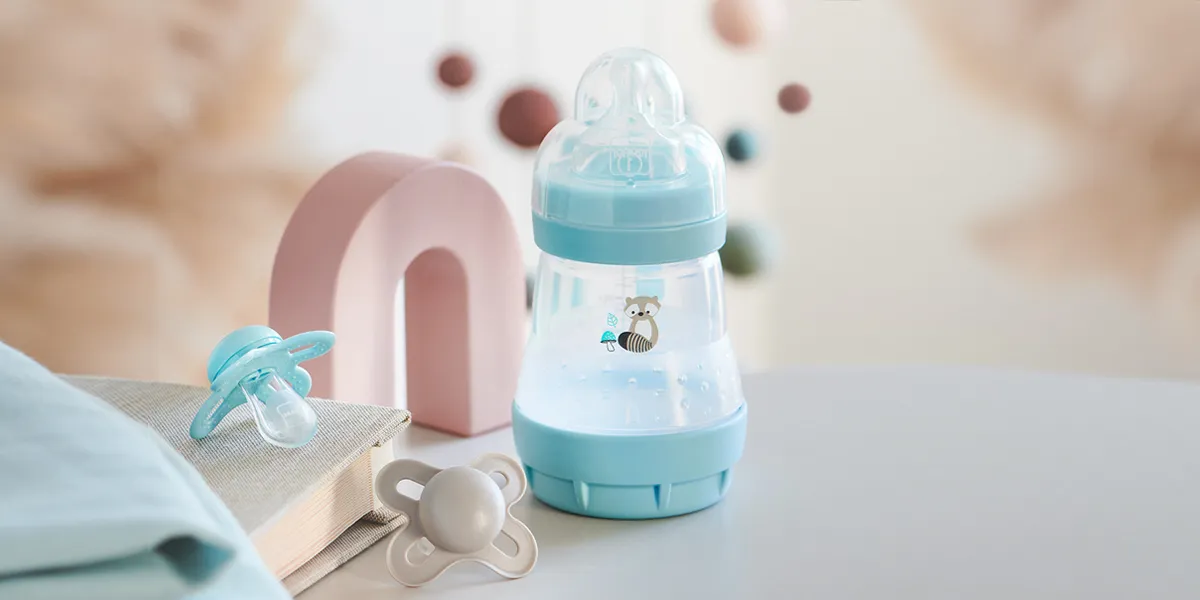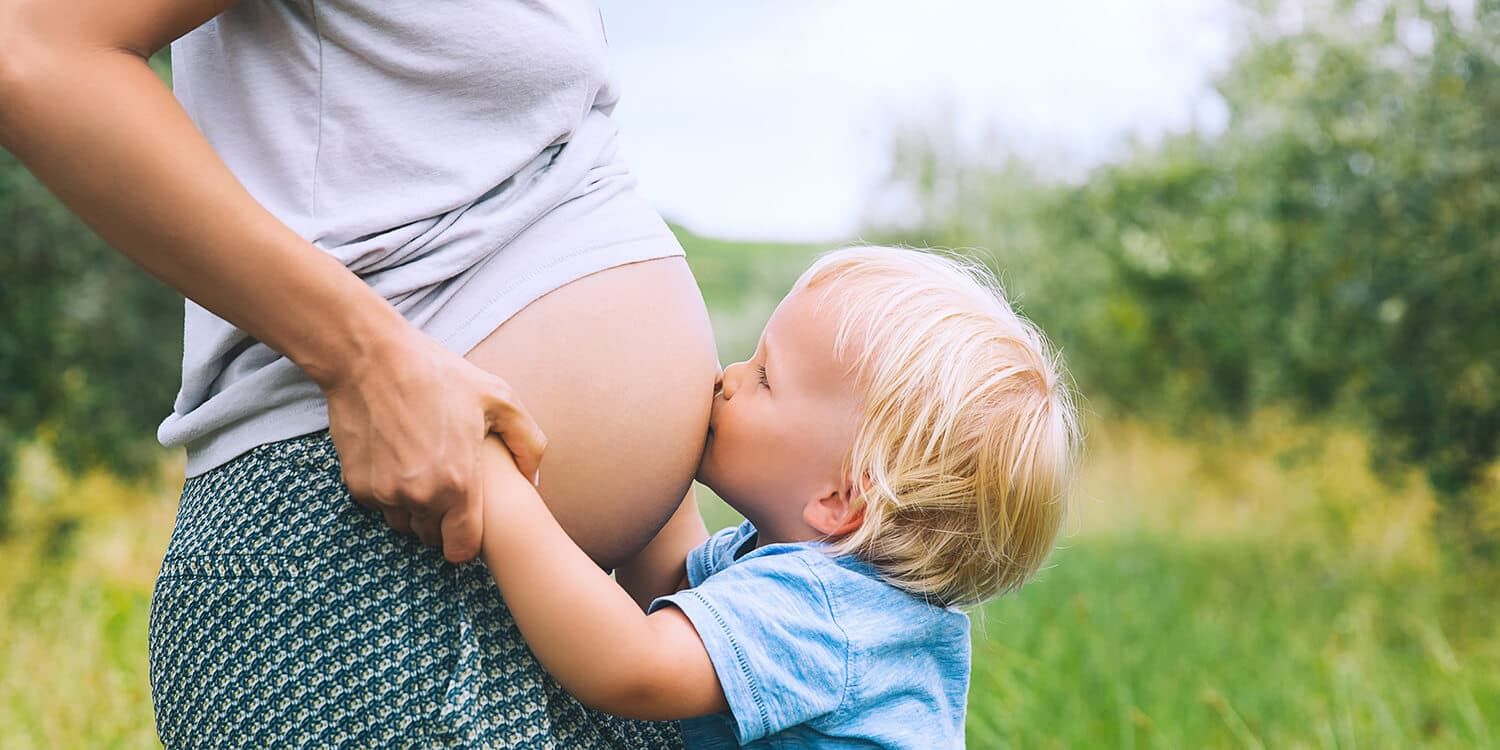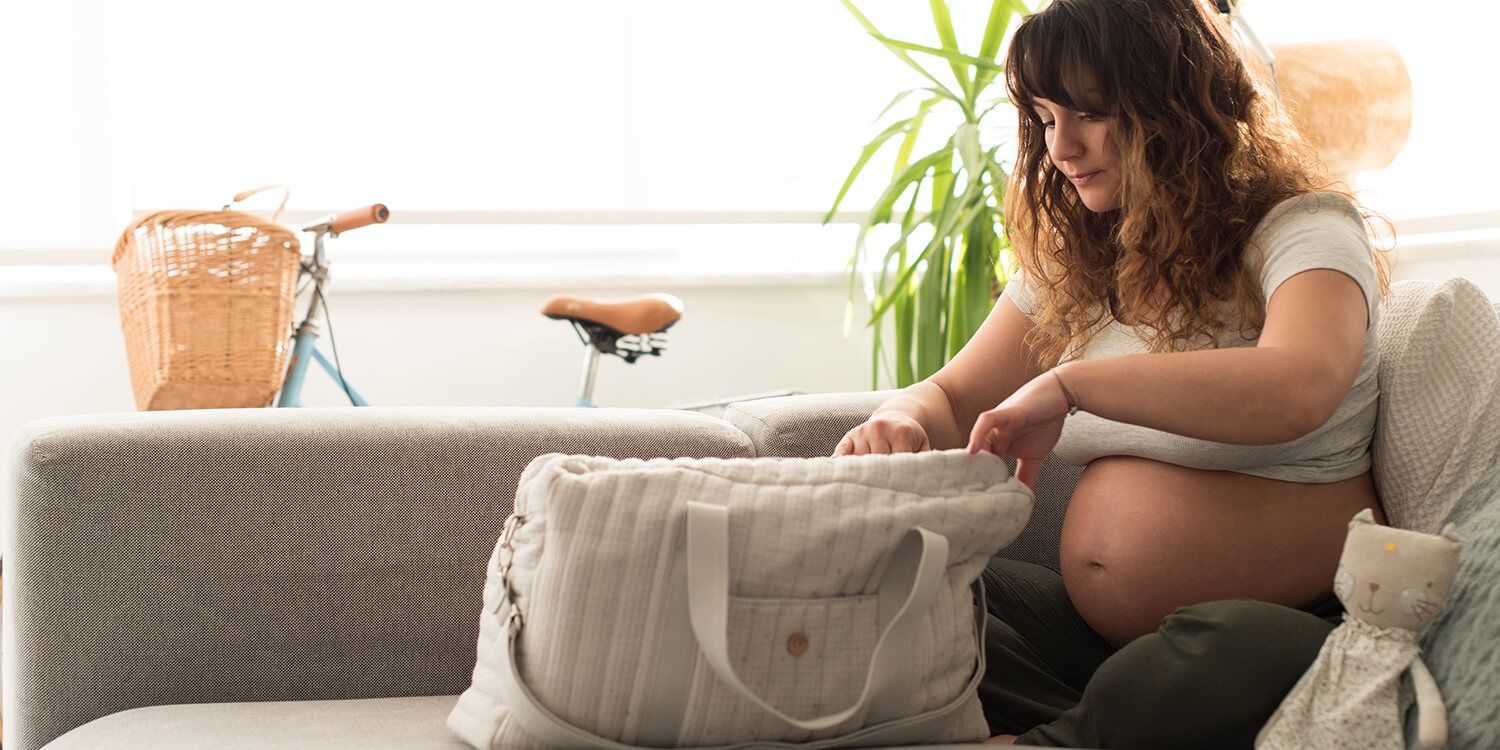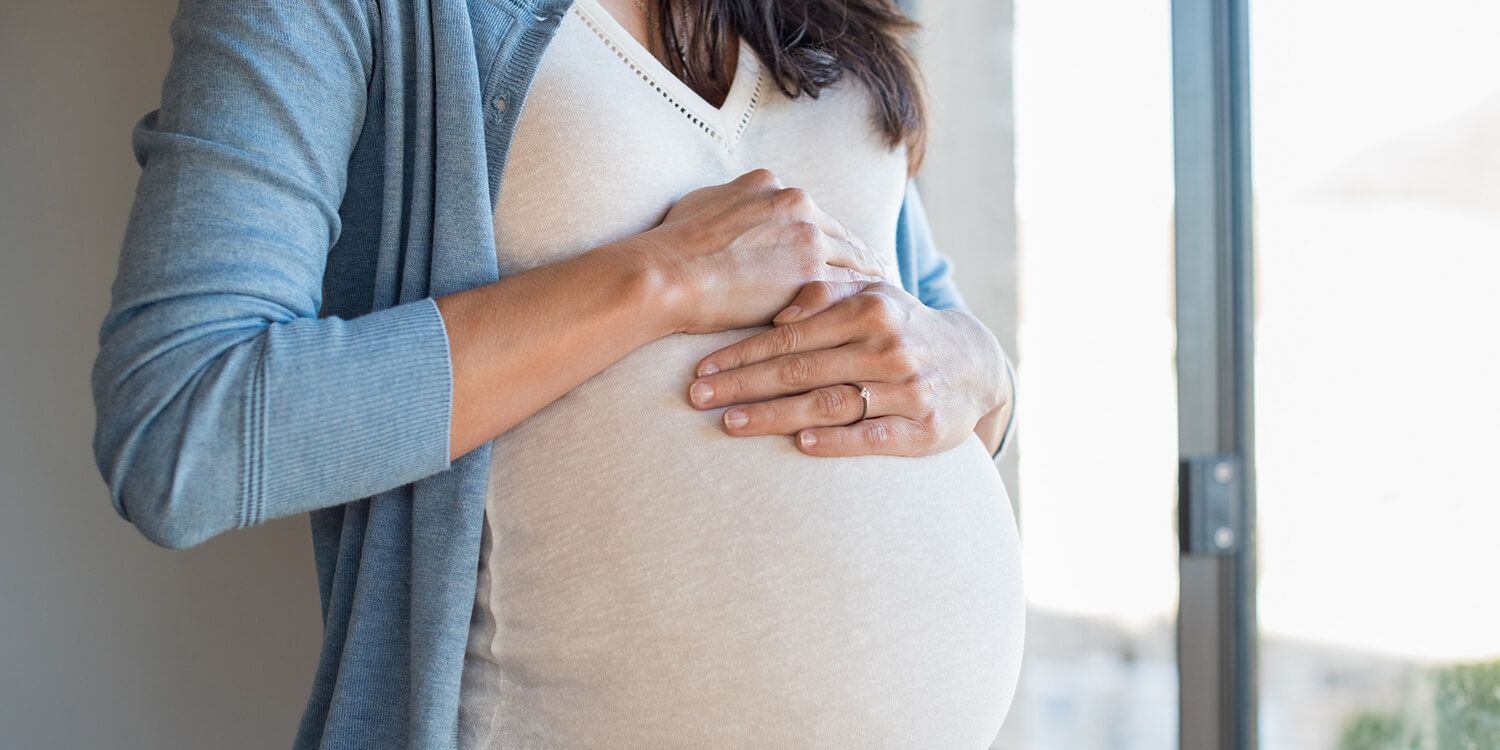Your baby is working hard to have the best possible start in this world: It is building up fat reserves to sustain it through the first few days of life when your milk production is not fully up to speed. Let’s look at the length of time it takes for your milk to come in and what else is going on with your baby during the 32nd week of pregnancy!
What's Going On in Your Belly at 32 Weeks Pregnant?
The fetus is around 17 inches long (crown to heel) and weighs approx. 3-4 lbs.
Your baby is still focusing on two areas of development: Its digestive system and the lungs. Aside from this activity, your little one is working on getting bigger, stronger, and "rounder".
Your baby is now roughly the length of a large cucumber – but it already weighs as much as four of them together.
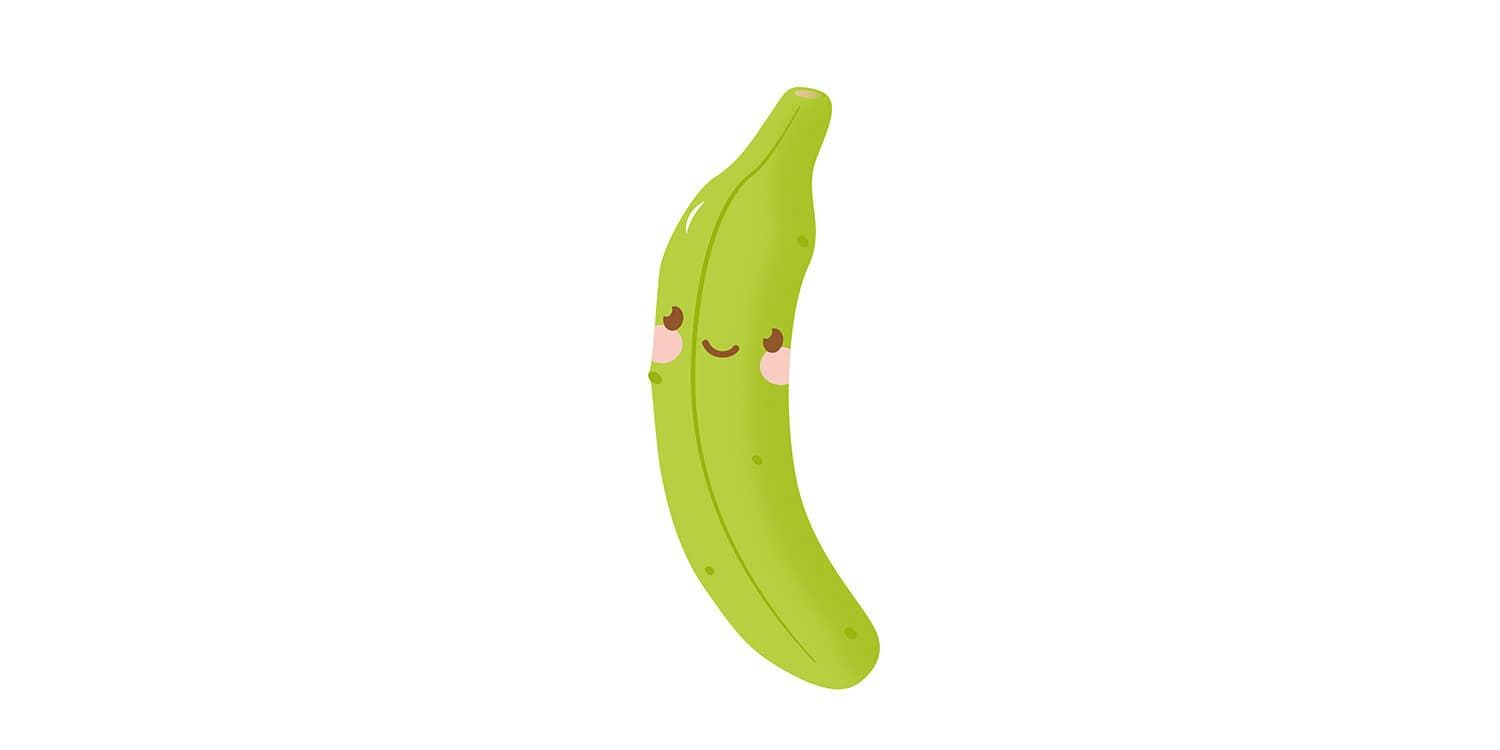
The subcutaneous fat serves as a reserve after birth and also helps to regulate body temperature. The energy store is particularly important because milk production takes a few days to get started. The time until the mother's milk comes in varies from one woman to the next and can also depend on how labor goes. Medication or a cesarean section can impair milk production, for example.
What does the phrase "milk coming in" actually mean?
Roughly two to five days after birth (around day three on average), the breasts become larger and warmer – this signals the start of milk production. We refer to this as the mother's milk "coming in". The process can sometimes be slightly painful, because the breasts may become very sensitive to pressure, swell significantly, and feel very hot.
It is therefore no surprise that many women experience anxiety and discomfort at this time. Why does this natural process feel more like an illness? The heat does not indicate a fever: Your body ensures that more blood is circulating in your breasts, as well as an increased volume of lymphatic fluid – all important processes that allow your milk to flow.
Initially, only a few milliliters of milk are produced – the "colostrum" or "first milk". Although the quantity is modest, the nutrients are all the more valuable. You can think of it as a vitamin shot or an oral vaccination for your little one. Colostrum is full of important nutrients, antibodies, and vitamins, and is very rich in protein and fat. It builds up the immune system and gives your baby plenty of energy.
The newborn baby can feed at the breast often as it likes. Milk production is stimulated by regular sucking. After a few days, the quantity of milk increases and adjusts to your baby's needs continuously.
How Do You Feel at 32 Weeks Pregnant?
Perhaps you are one of those lucky mums-to-be who lives in a country where you can begin your maternity leave now – this means that you stop working and devote yourself entirely to your pregnancy and preparing for the future with your baby.
The rules on this differ widely from one region to another. This is the point at which maternity leave begins in some countries, whereas in others, it may not begin until pregnancy week 34 or maternity leave may not even exist. Public authorities and your health insurer will be able to tell you what your rights – and your obligations – are as a pregnant woman. For example, financial support sometimes depends on providing proof of certain examinations, employers need to be informed, and you will need to submit a claim for maternity leave.
Sometimes it is possible to arrange these formalities before the birth and prepare the necessary forms and/or documents. Any formalities that you can take care of before the birth are helpful, even if you experience difficulties with tasks due to acute "pregnancy brain fog". If you find that you are forgetting things frequently, this may be due to the lack of sleep that plagues many expectant mothers during the last few weeks of pregnancy. The belly often gets in the way, the skin feels tight, and the back is sore. A side sleeper pillow or nursing pillow between the legs can provide relief here.
Your weekly weight gain can be up to a full pound by now. Bigger bras and loose clothing are the order of the day for many.
Many women find that their breasts have not only become larger, but their areolas have also become slightly darker. If that's not your idea of beauty, you can take comfort in the fact that most of this will disappear all by itself once your baby is born!
Photo Credit: Shutterstock


















